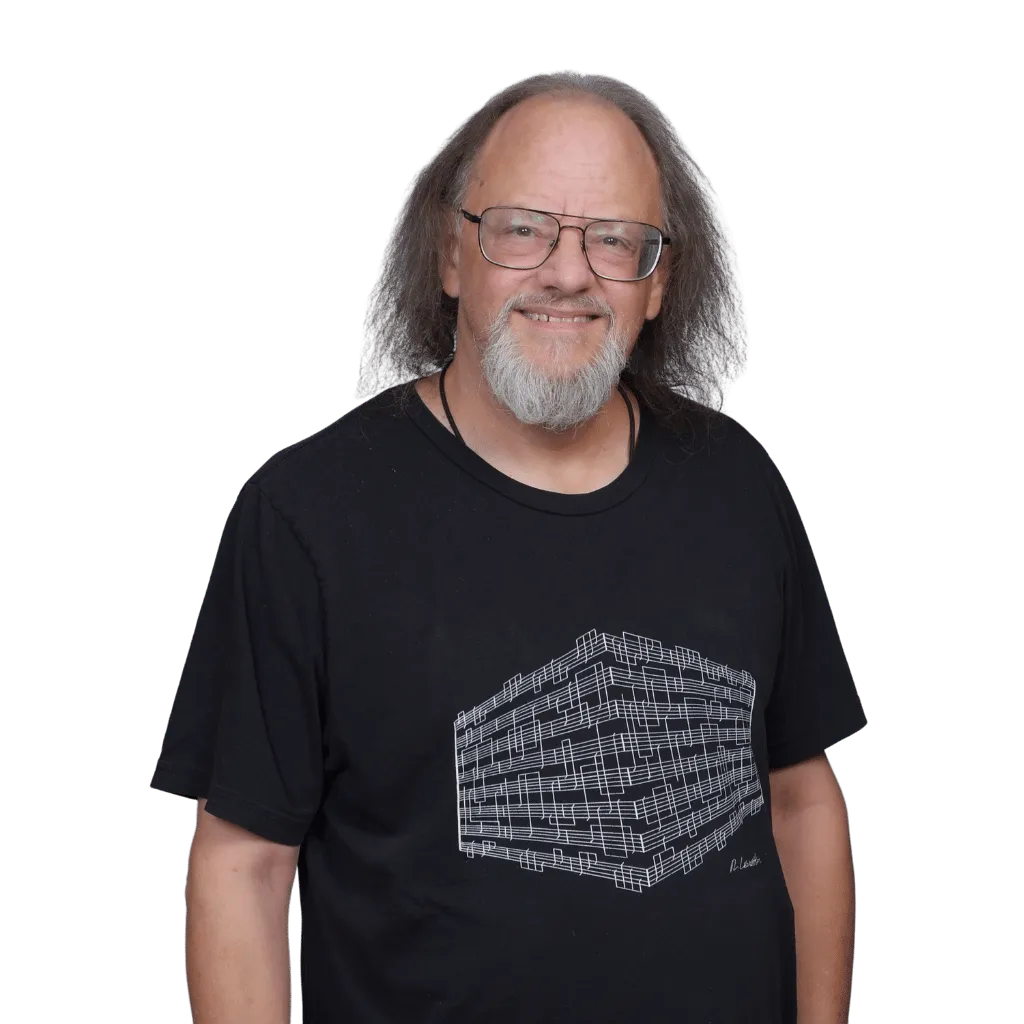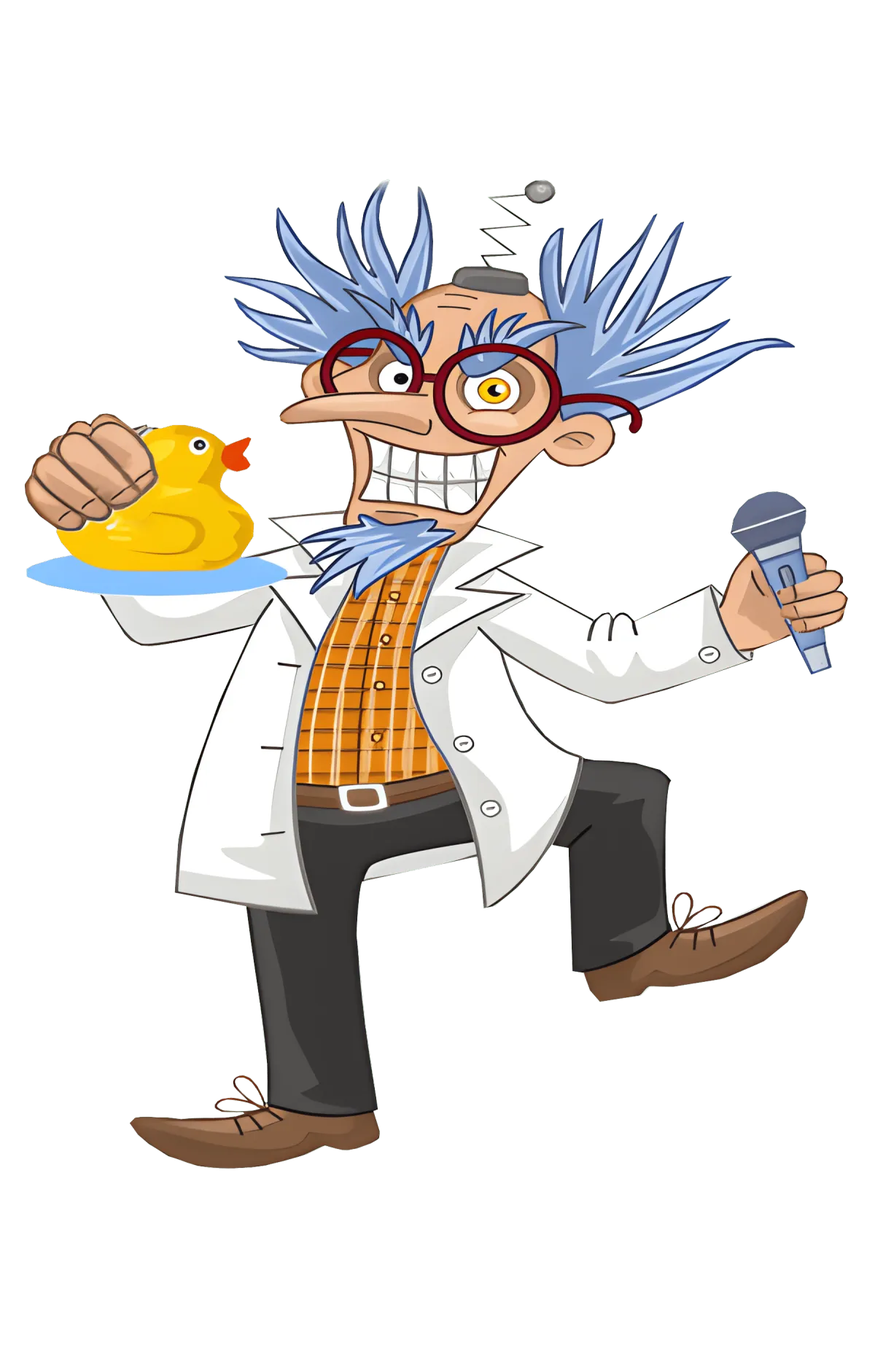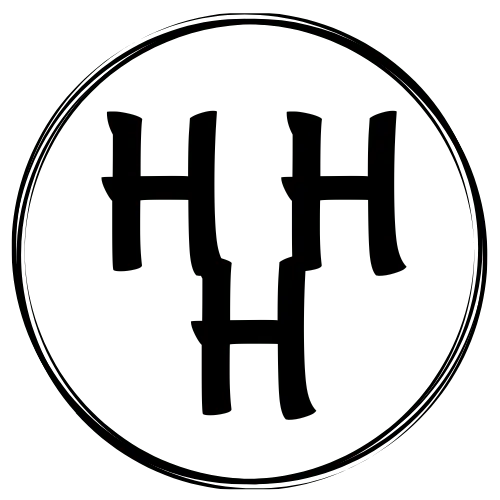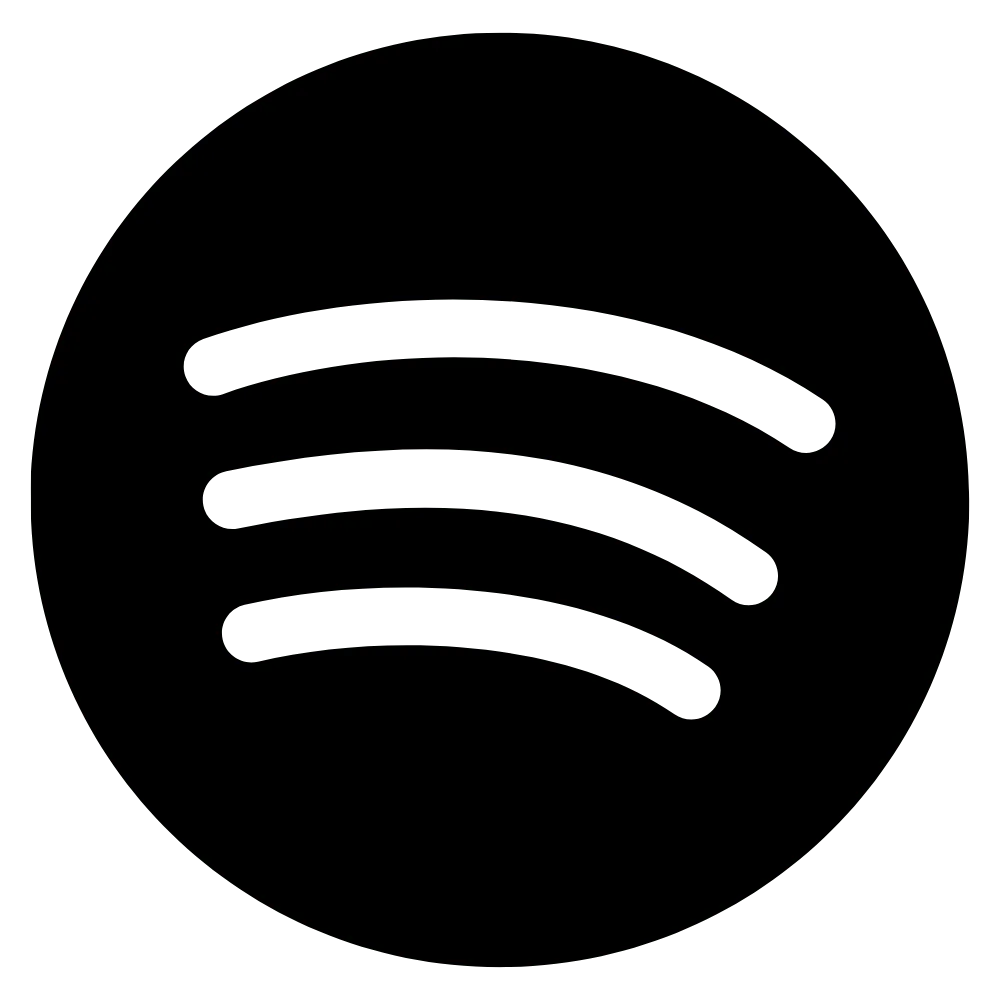
I’m always asking the question: why not?
There was a sign on my mom’s laundry room door. CAUTION: Mad Scientist at Work
Hi, I’m Dave Hunter, and I'm a composer/improviser. Sometimes I do feel like a mad scientist, realizing a ten-year-old boy’s dream.
A lot of times it starts with one sound. I must do a bit of experimentation when I create sounds on my analog synthesizers, digital sound modules and software. Or altering the sounds of my instruments, voice, and toys. (Sometimes I just leave those alone.) A dash of this and a skosh of that. The mad scientist is there.
I also experiment with combining different timbres of sounds, instruments, musical gestures, and phrases. Dashes of this and sprinkles of that. The mad scientist is there.
I combine and integrate different genres. My music is a combination of the Avant-garde, electronic music, new age/ambient music, world music, psychedelia, and space music, sometimes with a groove. Slabs of this and chunks of that. The mad scientist is there.
Then my job is to integrate everything into a coherent composition. The mad scientist is
there.
I’ve often been told my music is visual. Come in to Hunter’s House of Horrors and hear what images come to the mind when you listen to my music. The mad scientist might be there.
Aural Surrealism = Earrealism
Dave Hunter holds a PhD in Music Composition and Ethnomusicology from the University of Chicago. Dave also studied Composition, Ethnomusicology and Improvisation at the University of Washington in Seattle. Dave holds a B.M. in Music Composition from Northern Illinois University in DeKalb, Illinois and an A.A. from Harper College in Palatine, Illinois.
“My first experience with music came when I lived in Morton, Illinois in the late 1960s. My neighbor Scott Rendleman was a very young talented drummer and he taught me how to play “Wipe Out” on the snare drum. He had a little neighborhood group and they played parts of Iron Butterfly’s “In-a-Gadda-Davida” and The Association’s “Windy”. I tried to imitate them on my toy drum set and toy guitar. He also took me to a neighbor’s house where we heard Side B of Jimi Hendrix’ “Electric Ladyland.” But the first record I ever heard was “Peanuts” (with Kaye Ballard and Arthur Siegel). The soundtrack was made using toy instruments of the day, written by film composer, Fred Karlin. Extremely unique. The other record I heard was Herb Alpert’s “Whipped Cream”. I loved both of them. I played them to death. I still have both albums. Another experience I had was from my first-grade music teacher, who played Henry Cowell’s piece, “The Banshee” on Halloween. It was freaky and scary, and I liked it! I also remember watching Beatles cartoons, and of course, The Monkees. Then we moved to Mt. Prospect, Illinois in 1970.”
In Mt. Prospect, Dave started playing music at the age of ten, taking guitar and drum lessons from Darlene Heine and John Schoenberger respectively. Another important development came when he received his first tape recorder at age 11.“ I used to do little radio shows, try out imitations and make wacky songs with my buddy, Todd Campbell.”
Dave played in the school band with a forward-thinking director, David Metzler. “I played mostly bass drum because I wanted to make the most noise.” Along with that, he also played in a little band called “Fuzz” with another boyhood buddy, Stuart Oswald. In high school, Dave played guitar in the school jazz band, and formed bands with Stuart and Todd.
Dave went on to college as music major at Harper College. He studied music theory with Stanley Ryberg, George Makas and Barbara Bowker. He sang in the choir and played in the jazz band. He also studied classical guitar with Steve Suvada.
“Barbara Bowker exposed me to the music of avant-garde composers like John Cage, Harry Partch, Henry Cowell and others. This is also when I first heard the music of Igor Stravinsky, which had a huge emotional impact on me. Barbara also had us work with a Moog synthesizer in our 20th century theory class. She initially opened my mind to the avant-garde.”
It was also during this time (ca.1981) Dave got his first 4-track tape recorder, a TEAC-2340. He had already been experimenting with his dad’s variable-speed tape recorder and started to apply tape techniques to his songs.
Dave received his A.A. degree in 1982 and moved on to Northern Illinois University. It was at NIU where he was exposed to music from different cultures. Dave studied Balinese Gamelan with Huo-Kuang Han, African music with Robert Chappell and Alan O’Connor, and North Indian Tabla with Chappell. He also studied composition formally with Robert Fleisher, Jan Bach and Tim Blickhan. Dave also played in several jazz combos. But what really opened up his musical language was the study of electronic music with Joe Pinzarrone.
“Joe had an amazing pedagogy in teaching electronic music. He had us composing right away, giving us just a few techniques and parameters to work with. Back then (1985-87), we were working with tape and analog synthesizers. We also got to do collaborative projects with visual art students. It was so much fun I wanted to stay at NIU forever.”


Eardrops for the mind...
Dave graduated with a Bachelor’s Degree in music composition in 1987. He then moved on to graduate school at the University of Washington. At UW, Dave continued his formal studies in composition with William O. Smith and Diane Thome, and music theory with Jonathan Bernard. He also studied Ethnomusicology with Ter Ellingson, Lorraine Sakata and Christopher Waterman. UW had a visiting artists program, and he got to study Cirebonese Gamelan with Endo Suanda, Yoruban drumming with Adebisi Adeleke, Cambodian Pin Peat music with Sam Ang Sam, Gamelan Degung with Deni Hermawan, and Australian Didjeridoo with Stuart Dempster. Along with that, he studied improvisation with Stuart Demster and William O. Smith. “We met twice a week for five years. I couldn’t have had better musical training than that.” Dave also played in an “Afro-Klezmer dance jam band” with Steve Nickerson, Edgar Pope, Chris Waterman, Charlie Hiestand, John Franklin, Jamie Cunningham and Dan Ochipinti.
“It was pretty cool out in Seattle. I got to do things I haven’t done since. I got really close to getting my Master’s Degree, but I got interested in microtonal music and alternative tuning systems. Microtonalists Easley Blackwood and John Eaton were at the University of Chicago, so I applied to the PhD program there. And they had an ethno program plus a computer music studio. I took a shot in the dark. I got a scholarship much to my surprise.”
Dave left Seattle in the fall of 1992 to attend University of Chicago, he studied with Eaton, Blackwood and computer music with Howard Sandroff. He also continued his studies in ethnomusicology with Philip Bohlman, Martin Stokes, Ron Radano and Ingrid Monson. He studied Ghanian drumming with Leon Shernoff, and Central Javanese Gamelan with an outside organization called F.R.O.G. (Friends of the Gamelan) who were housed at the university. He studied with Minarno and Raharja Fnuand wrote several pieces for the ensemble. In 1995-96, Dave got to do his fieldwork in Central Java via the Darmasiswa Scholarship sponsored by the Indonesian government.
“I took a year’s break from school and studied in Java. It was a very unique opportunity. I got really immersed in gamelan music and the sounds of Java. Over there, I wrote a huge piece for gamelan and choir called “Great Clouds of Time.” Dave returned to University of Chicago in the fall of 1996 with “Clouds of Time” in hand and after two years of rehearsal, he recorded the piece with F.R.O.G. and the In Terra Vox Choir directed by Anna-Lise Santella. It was his largest work yet. “FROG, In Terra Vox and Anna-Lise were very generous. I’m grateful.” Dave continued his program and finally graduated with a PhD in Composition and Ethnomusicology in 2009. “It took a long time and was a huge ordeal, but I finally did it."
If you do it right, first takes are the freshest.
In 1994, Dave also formed a group called “Digitally Correct Meta-Troubadours” with Greg O’Drobinak, and eventually Mike Becker. The group is dedicated to performing improvised music, and is still active today.
In 2005, Dave married Mary Masterson and moved out to the Elgin area in Illinois where he resides today. He slowly built up his studio and has been composing and producing his own music ever since. Since 2009 he has made over eighty albums.
“I think in terms of albums, not songs. And I hardly write anything down anymore, only when I need to. I improvise most of it. But if somebody wants to commission a work, I will write one.” He currently teaches Western music history and world music at Oakton College in the Department of Humanities in Des Plaines Illinois.
“The first time I heard Roger Waters’ “Several Species of Small Furry Animals…” from Pink Floyd’s “Ummagumma” album, and John Lennon’s “Revolution No. 9” from “The White Album” it totally blew my mind. It was 1977, the summer after my sophomore year in high school, and I listened to those two pieces on headphones over and over. I think I knew then, in a glimmer, what direction my music would take in the future. Once I hit NIU, I never wanted to make conventional music again. I want to take people on trips.”




